Let your mother language ring
The Center for Arts and Humanities hosted International Mother Language Day at the Kimbrough Music Building on Feb. 21.
Harsh Sharma performing Hindi songs.
March 8, 2023
Voices from all around the world rang throughout the Kimbrough Music Building on Feb. 21 in celebration of International Mother Language Day.
The Center for Arts and Humanities hosted an event for International Mother Language Day featuring performances in Bengali, Nimíipuutimt, Hindi, Sinhala, Vietnamese, Turkish and Arabic: the mother languages of the event’s performers.
Nazua Idris, Ph.D. English candidate and center graduate assistant, organized the event. Idris said she designs programs at the center and works with graduate students.
Though organizations like the Association of Bangladeshi Students and Scholars also host International Mother Language Day events, Idris said she wanted to do an event on behalf of The Center for Arts and Humanities representing mother languages.
“I think this is awesome that [WSU provides] funds for doing programs like this. My director Trevor Bond and my associate director Dr. Chris Dickey, both of them are so open to managing events that promote diversity, equity and inclusivity,” Idris said.
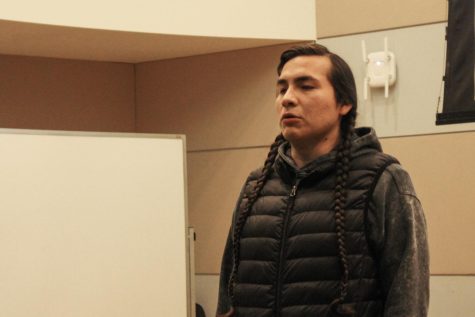
Nakia Cloud greeting the audience in Nimíipuutimt.
The night opened with a note of welcome from center director Trevor Bond.
The performances began with a greeting from WSU undergraduate student Nakia Cloud, who speaks Nimíipuutimt, or the People’s Language, the language of the Nez Perce tribe.
Graduate students Sreya Mukherjee, Tathagata Pal and Sushant Ciliveri represented their mother languages in a group performance. The three performed two separate medleys, one in Bengali and one in Hindi, their mother languages.
Mukherjee is a Ph.D. history student, Pal is a Ph.D. physics and astronomy candidate and Ciliveri is a Ph.D. mechanical and material engineering candidate.
Roshana Sandadini Pitiyegedara, Ph.D. mathematics student, narrated a story of a father and a son in her mother language Sinhala.
Following Pitiyegedara was Harsh Sharma, Ph.D. electrical engineering and computer science student, who performed “Yeh Pal” by Prateek Kuhad and “Gulabi Aankhen” by Mohammed Rafi. Both songs are in Hindi, Sharma’s mother language.
Ph.D. English student Justine Trinh performed a reading of the Vietnamese folk tale “Two Stone Dogs,” representing Trinh’s mother language Vietnamese.
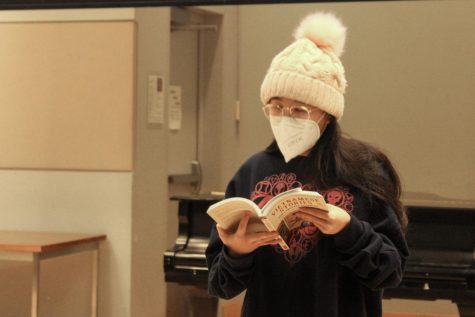
Justine Trinh reading a Vietnamese folk tale.
Following Justine was Ph.D. English student Sezin Zorlu. Zorlu performed two poetry readings in her mother language, Turkish. The first poem was one of Turkish poet Attilâ İlhan’s, and the second was one of Zorlu’s own.
The performances concluded with MA English student Fatemah Ibrahim Alshubaith. Alshubaith did a presentation for Saudi Arabia’s Foundation Day, representing her mother language, Arabic.
The event ended with a note of thanks from center associate director Chris Dickey. Dickey and Bond then called the performers onstage in order of performance to award them gift bags.
International Mother Language Day was established by the United Nations Educational, Scientific and Cultural Organization in 1999 after the Bangladeshi government formally requested UNESCO to make the event official.
International Mother Language Day was originally inspired by Bangladesh’s own Bangla Language Movement, where Bangladeshi fought to preserve their mother language against Pakistan, which was trying to indoctrinate the Bangladeshi people with Urdu.
“[The event] was a way for me to reconnect with my first language and to share that was something that is personal,” Trinh said.

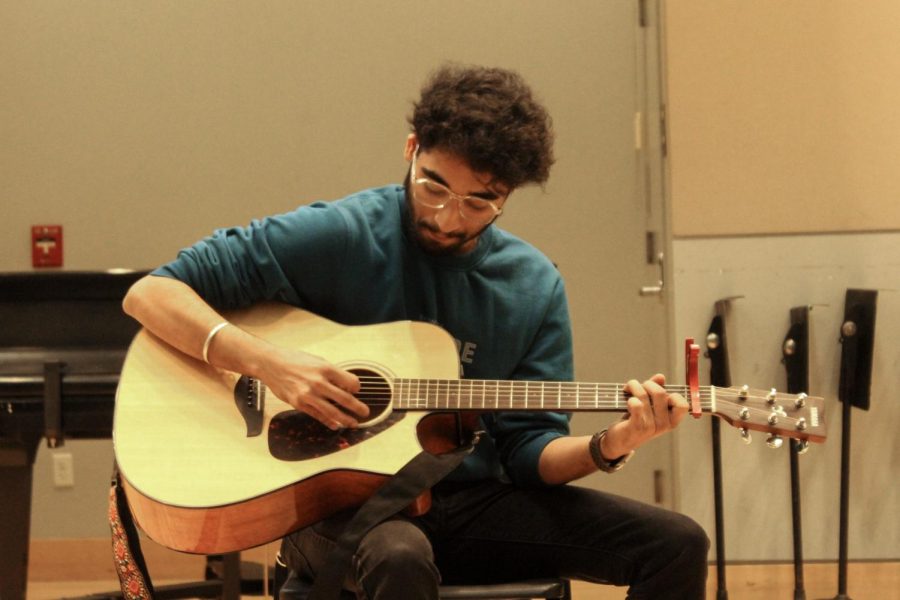
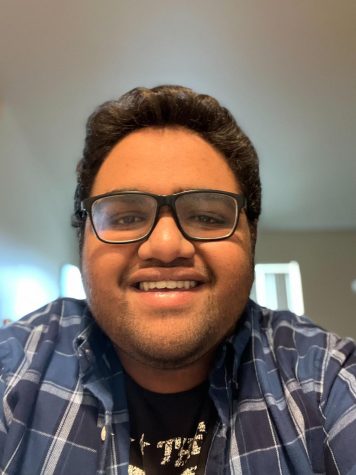




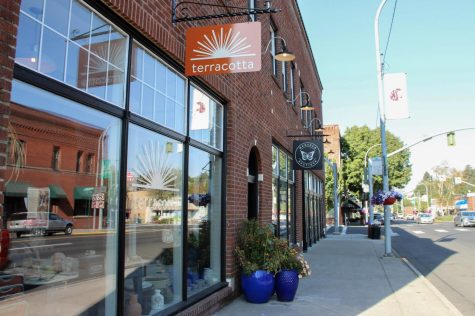
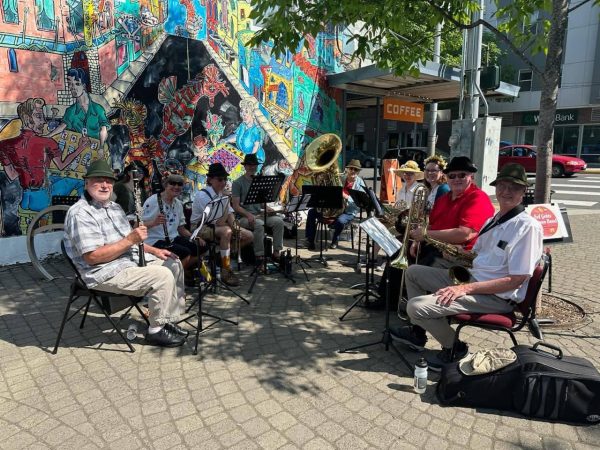
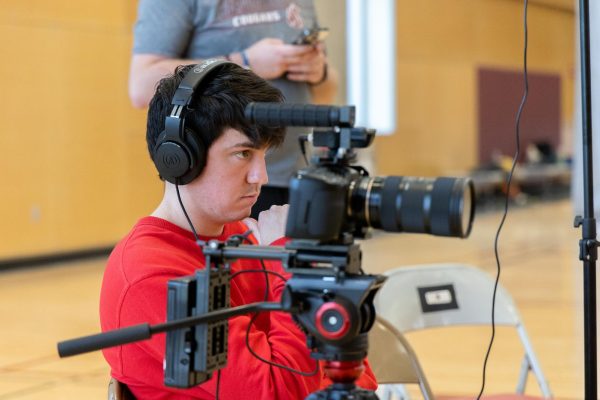
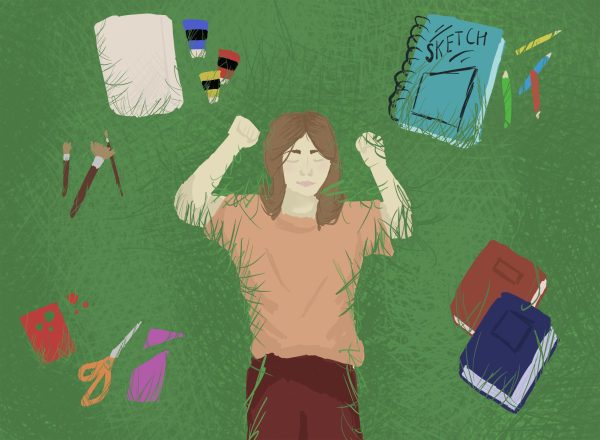
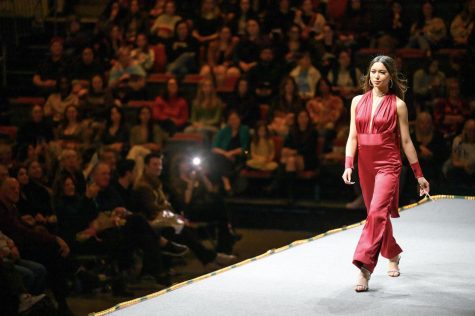
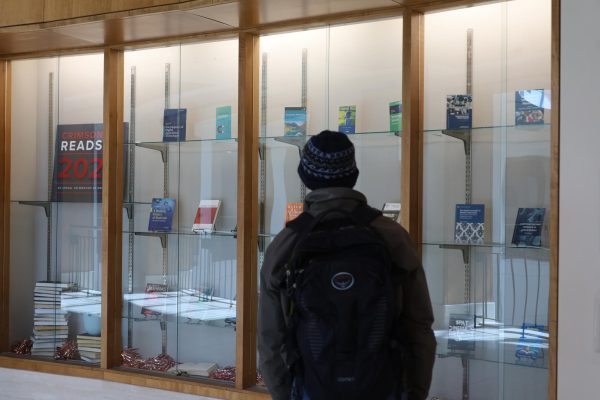
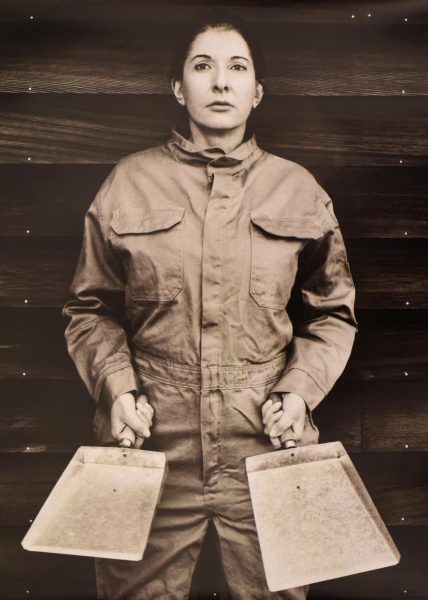
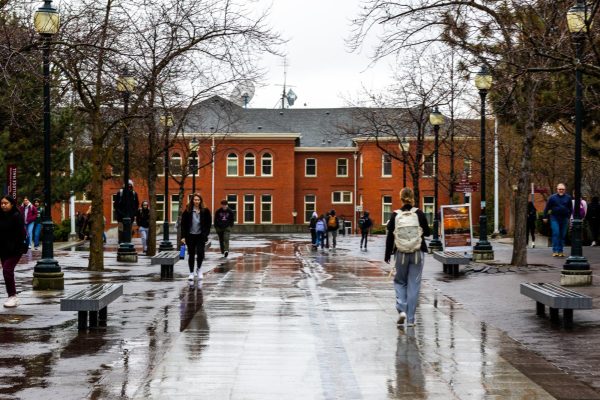
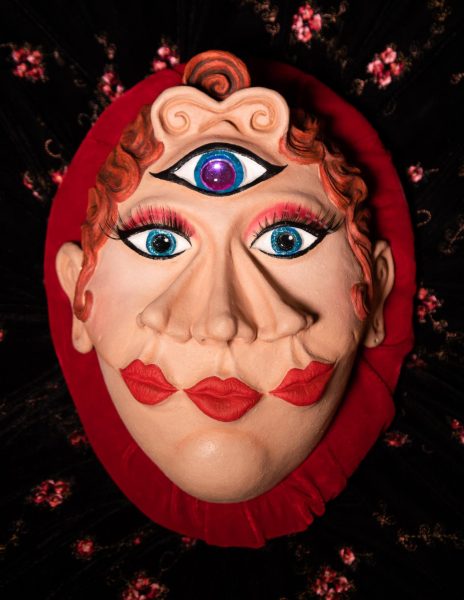
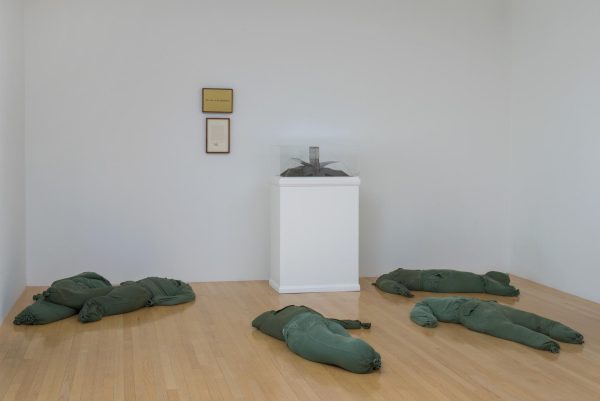


Hari Om Sharma • Mar 9, 2023 at 7:16 pm
Giving an opportunity to the students who are thousands of miles away from their native place and their mother language, is commendable. Hopefully many more such programs will be arranged in future. Awesome